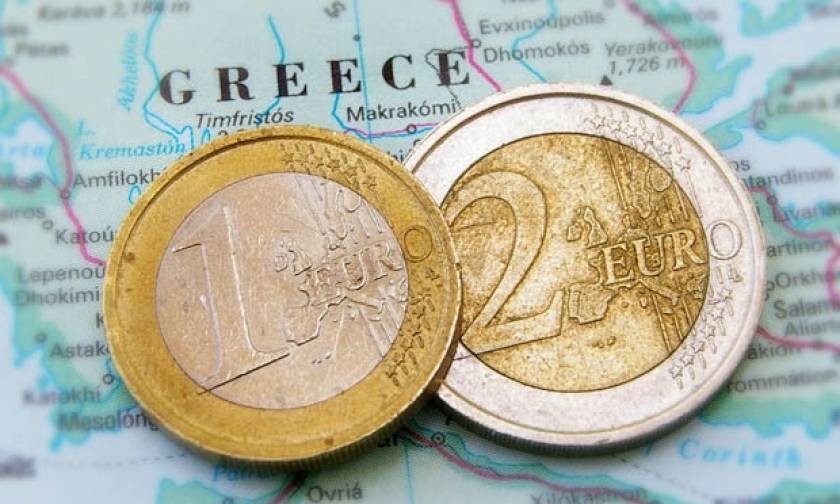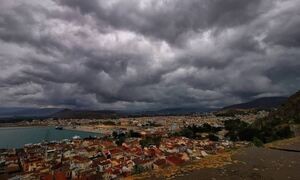Greeks lost one GDP in their net wealth during the crisis

Greeks' present net wealth -excluding loans- was 856 billion euros, from 1,023 billion in 2009 -before the Greek debt crisis- and 683 billion euros in 2000 before the country entered the Eurozone, according to Credit Suisse data presented in a Federation of Hellenic Enterprises (SEV) weekly economic bulletin.
In economic terms, Greeks lost around one GDP from the value of their private wealth. More specifically, a Greek adult's net wealth in 2009 grew to 114,000 euros, up from 93,000 euros in the EU average.
"What ranks Greece to a different category from the rest of Europe is over borrowing. From 3,207 euros per adult in 2000, this figure soared to 16,793 euros in 2009, reaching the EU average rate of 17,657 per adult -which was up by around 50 pct compared with 2000," the Federation said in its bulletin. Greece's public debt was 33,122 euros per adult in 2009, from 16,309 euros in 2000.
"What these wealth figure do not show are the huge deficits of the pension system which will continue absorbing significant funds in the future as well, puting limitations to the country's growth if not property resolved," SEV said, adding that older generations essentially borrowed not only foreigners' savings but their children's future savings as well. This development undermines the ability of younger generations to work, save and create families in the country, the report said.
"Household savings is negative, therefore no new wealth is created and a burdening of the real estate property, with one of the highest property tax in the world, has locked a large part of the population to a weakness of exploiting assets," SEV said.
The Federation said that a budget primary surplus of 4.3 billion euros, or 2.5 pct of GDP, surpassing a budget target for a surplus of 1.1 pct of GDP, was a significant achievement.













